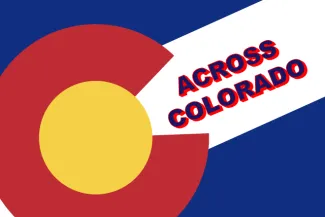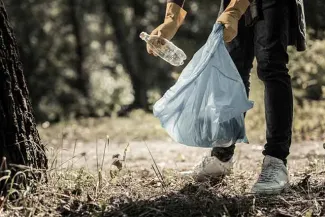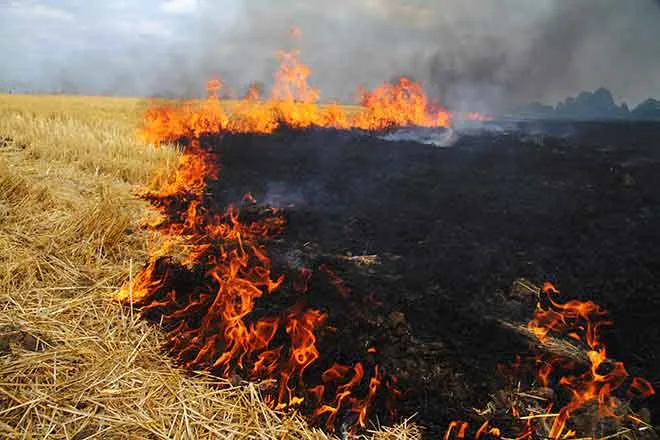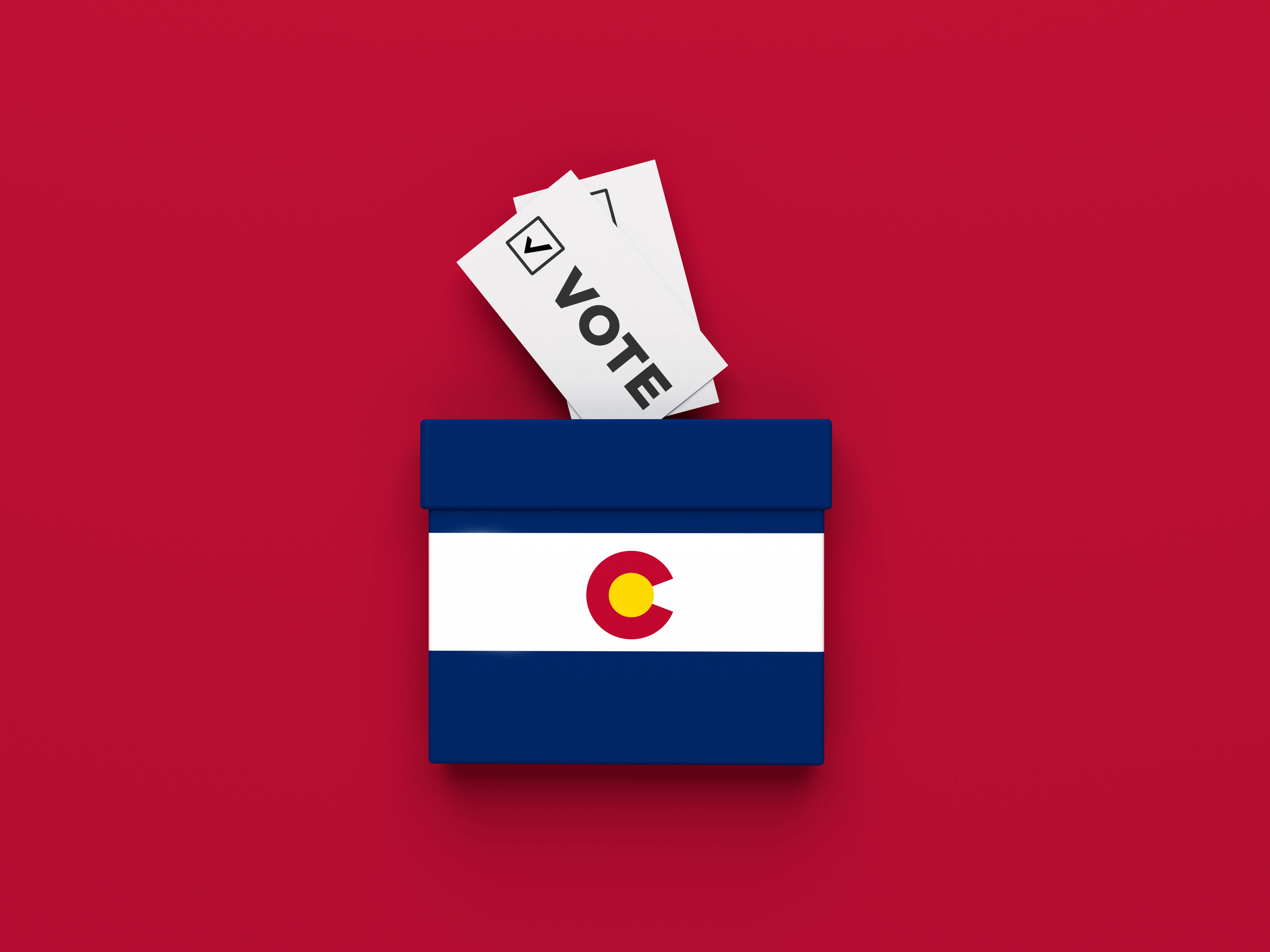
Efforts continue to increase recycling access in rural Colorado communities
Click play to listen to an abbreviated version of this article.
Recycling may be a given in metropolitan areas, but in many rural communities, it is more complicated. Without the infrastructure and funding to reach isolated homes outside of city centers, it falls on individuals to try and dispose of their waste responsibly.
In Montezuma County, Colorado (population 26,248), the main issue with recycling is the remote location. Located in the far southwest corner of the state, the Four Corners region sits nearly 400 miles from Denver and Salt Lake City, and 250 miles from Albuquerque.
The isolation means that there is no backhaul trucking to the region — which is when a commercial truck can bring a load on the return trip — which would cut costs dramatically for recycling in the area.

However a new law signed into law in 2022 is supposed to increase access to recycling infrastructure in rural communities of Colorado in the coming years. The law wants to promote circular economies that cut down on waste and support recycling in rural parts of the state. A circular economy looks at the end of life of a product and helps it to be revitalized, recycled or reused instead of trashed.
The Producer Responsibility Program for Statewide Recycling Act was signed into law in 2022 and a needs assessment was published in early 2023 to assess the current state of recycling services in Colorado. Currently, Circular Action Alliance, Colorado’s Producer Responsibility Organization is working to create a program plan which is due by February 1, 2025.
But many people have already been working on the ground before to manage trash and recycling for their communities. Take Colby Earley, superintendent of refuse and recycling for the City of Cortez, Colorado, as an example. “There’s no magical place called ‘away,’” he said. Once your waste leaves your home, it has to go somewhere. Many people are doing their best to make sure that waste is disposed of responsibly.
Recycling in Montezuma County happens in a few different ways. The City of Cortez (population 8,909) has a curbside pickup program, which is free for residents. But for the rest of the county, recycling is much trickier.
In 2009, the nonprofit Four Corners Recycling Initiative stepped up to fill the gaps in recycling infrastructure for Montezuma County, with three dropoff bins around the county that, when full, get brought to the Montezuma County Landfill for processing.
Casey Simpson, president of the board for Four Corners Recycling Initiative, said that the nonprofit was not designed to exist forever. It was created to get the grant to pay for the bins because the small towns of Dolores and Mancos did not have the funding to support municipal recycling programs.

© iStock - yacobchuk
The Producer Responsibility program in Colorado will require companies to pay for the eventual recycling of their packaging which will fund recycling around the state. Other states like California, Oregon, Minnesota, and Maine are beginning to implement similar extended producer responsibility (EPR) programs.
Now, Simpson is working in collaboration with the circular economy work that is happening on a state level because of the Producer Responsibility Program. One of the ways that recycling could be increased in rural areas would be to incentivize businesses that use recycled material.
“If there was a plastic company that was taking plastic and turning it into rain gutters in Montezuma County, you would have a high demand for recycled plastics, and it would be really cheap because it would be more lucrative. You wouldn’t have to transport that plastic anywhere,” Simpson said.
Transportation is currently a big factor for Montezuma County recycling. According to landfill manager Mel Jarmon, number one plastics are currently sent to Georgia to make carpet backing. He sends out a semi-load of these every year. Number two plastics he can only send out every 15-16 months, to California. He sends cardboard and electronic waste to Oklahoma. The landfill can only recycle what they can make money off of.
“We’re a business just like anybody else in town. We’re not taxpayer-funded. We make our money on what we do here. If it’s so contaminated that we can’t at least break even or make a little bit, then we can’t do it,” Jarmon said.
For one load of e-waste sent to Oklahoma, Jarmon said it costs the landfill over ten thousand dollars.
Glass is one thing that currently does not make financial sense to recycle. Jarmon said there’s no market for it close by. But Earley at the City of Cortez continues to collect it because he hopes there will someday be a market closer to the Four Corners. For now, Earley crushes the glass himself, mixes it with street sweepings, and sells it to the landfill to create cover for the landfill itself.
Earley said that it remains to be seen what impact the Producer Responsibility program will have on Montezuma County and Cortez, but he hopes it will make it easier and cheaper to recycle in the area.
Simpson has personal reasons to continue to fight for increased recycling in his rural community. “I love where I live and I don’t want to see it all turn into a landfill. I would much prefer seeing the wild and open spaces that we have and keep the landfills as small as possible.”
Ilana Newman wrote this article for The Daily Yonder.

















